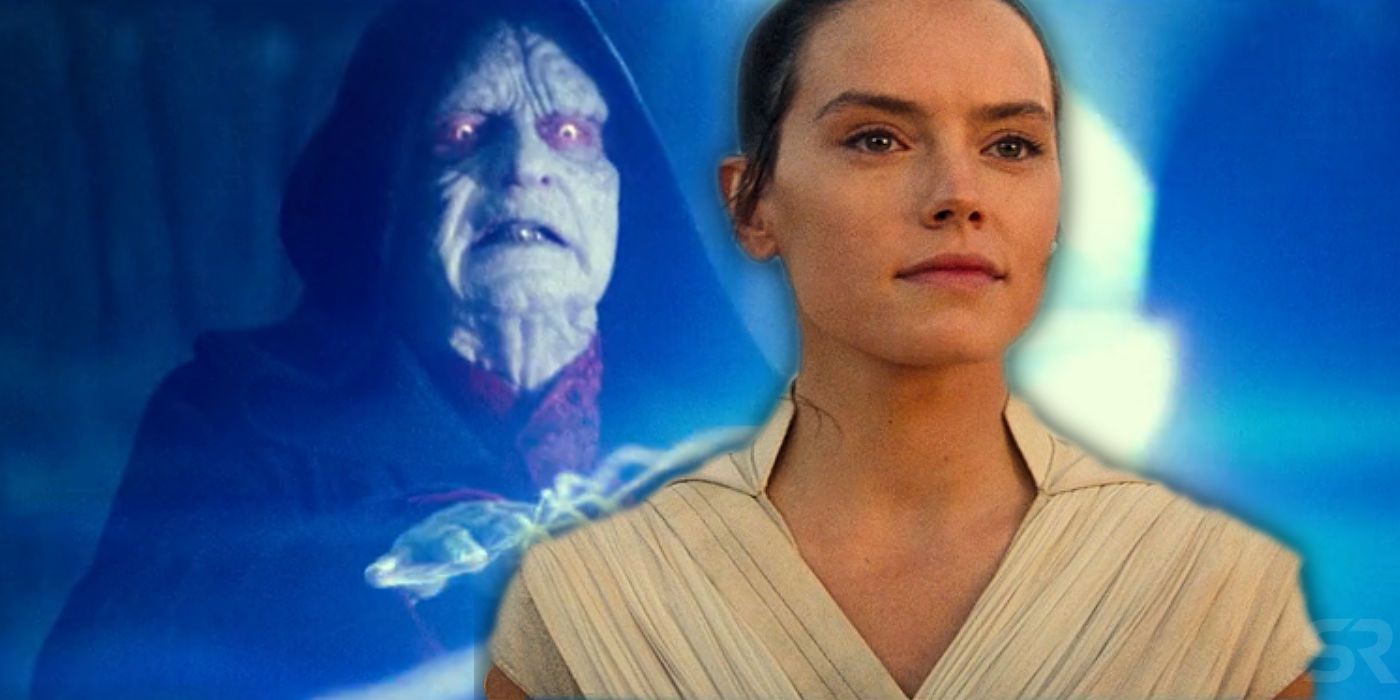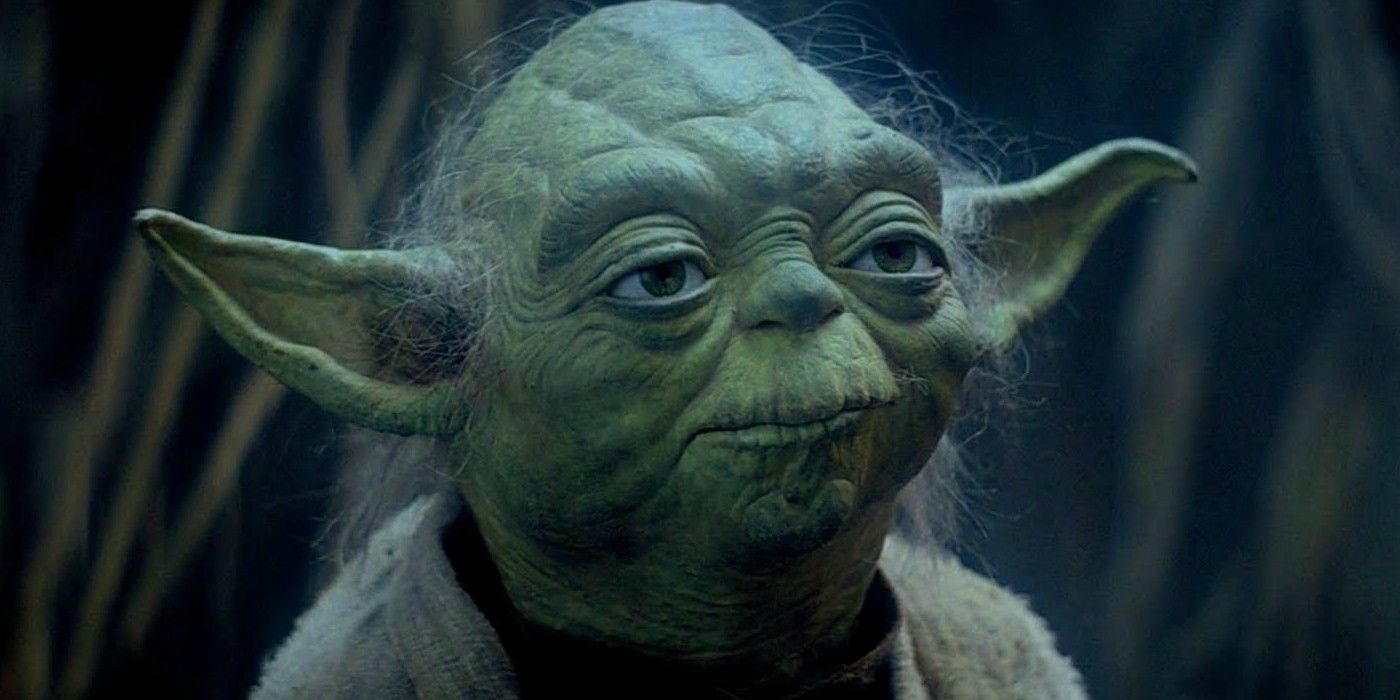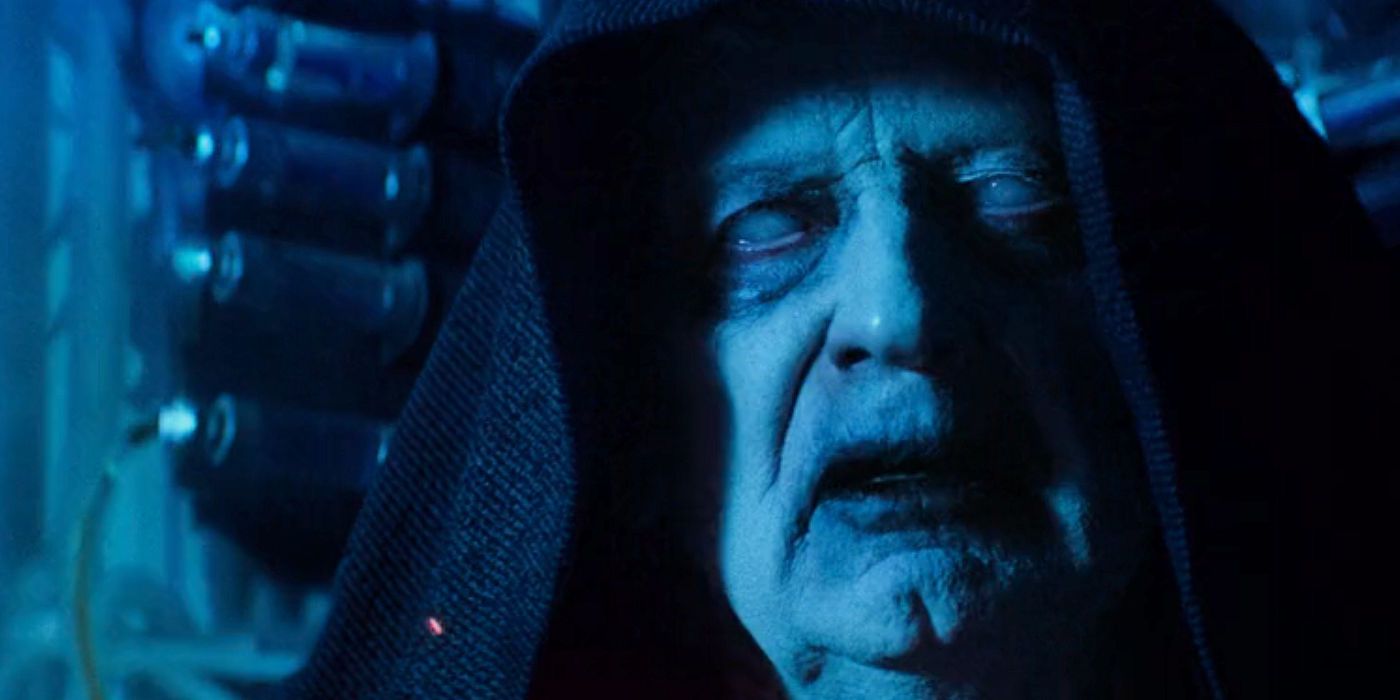The Sith have been eliminated from the galaxy at the end of Star Wars: The Rise of Skywalker, supposedly bringing balance to the Force. However, this may not be the case. The decades-long struggle between the Light and the Dark has torn apart the Star Wars universe, and with Star Wars: The Rise of Skywalker marking the end of the Skywalker Saga, so did the galaxy-wide power struggle between the Jedi and the Sith - for better or worse.
Both sides and their relationships to the Force have been thoroughly explored. From the very beginning, the Jedi have stood for peace and harmony, while the Sith long for individual and absolute power over the universe by any means. Both make no bones about their desire for "control" of the Force, or rather what they feel is best for themselves as well as the galaxy at large. This contrast in belief is the core of what Star Wars is and always has been at least in its mainstream forms.
As the "good guys," the Jedi defeating the Sith was what audiences were told was the right thing for everyone. It was generally accepted this was the "only way" to usher in peace, which may not technically ring true in hindsight. Yes, the Sith disrupted the natural state of the Force, but the Jedi were not exactly innocent either despite their convictions. This begs the question, does destroying the Sith really bringing balance to the Force? Or was it only the first step?
The Force Is An Entity, Not A Weapon
In Star Wars canon, the Force is a constant across the universe. It is not a tool or any one, singular object, but rather an organic element of the galaxy, something that has been explored at length in recent years. As Yoda famously said in The Empire Strikes Back, "Life creates it, makes it grow. Its energy surrounds us and binds us." The Force isn't something that can be contained or saved, nor can it be destroyed or manufactured.
Beings live alongside with it, be it consciously or unconsciously. Its power can take many forms, often in opposition to one another in the Jedi vs. Sith framework. It can clear the mind for the sake of visualizing the future, yet it can also cloud judgement and make these visions hazy. The Jedi rely upon the Force for guidance, using it for defense and knowledge. The Sith use it for power, to attack, and even in the case of Emperor Palpatine, to extend ones natural life span.
The End Of The Sith Restores The Force To Its Natural State
The toxicity of the Force by generations of the Sith finally came to a conclusion in The Rise of Skywalker. Emperor Palpatine, within whom resided all previous Sith, was at last vanquished by Rey, who called upon the Jedi of years past to defeat the Dark Lord. The selfish manipulation on the part of the Dark Side came to an end, leaving only the Light to assume "control" of the Force. At the same time, the strangle-hold the Sith had on it for so long being broken affords it the opportunity to once again reach natural equilibrium, free of misuse.
Throughout Star Wars media the Sith have used the Force for nefarious purposes. Whether it was Darth Maul focusing his hatred into Dark Side energy to survive being cut in half or Darth Vader choking the life out of his subordinates, it was used in such a way that was in direct opposition of its nature. They always wanted more than they had. The Force was a powerful entity, but not an inherently evil one. The Sith were responsible for such corruption, so naturally their demise would bring the greed to its end as well.
The Existence Of The Jedi Retains Imbalance
It is all well and good that the Sith are exterminated; however, in this case they are not the only ones to blame for the misuse of the Force. The Jedi were understood to be in tune with its will; they formed a belief system around it that opposed the Sith. However, their way of thinking suppressed natural inclinations like desire and emotion, which evidently led to the rise of Darth Vader and the destruction of the Jedi Order. During the time of the Clone Wars, the Jedi became a symbol of militarism and political turmoil. They were said to be "keepers of the peace, not soldiers," and yet soldiers are exactly what they became.
By the time of The Rise of Skywalker, Rey is technically the last Jedi in the galaxy. Other Force-sensitives may exist, like Finn whose Force powers were teased in The Rise of Skywalker; however, Rey is the torchbearer for the Jedi's old ways. In Star Wars: The Last Jedi, Luke Skywalker even warned her of the folly of the Jedi Order, something that was later backtracked. Her retention of these dated modes of thinking will not bring complete balance to the Force. She inherently represents the other side of the coin, and unless she reassesses the ideologies and practices of the Jedi, the Force will not be at peace.
The only way the Force can be completely stable is if these old concepts of Light versus Dark are scrapped in favor of new belief systems. Were the Sith evil and the Jedi more or less good? On a basic level, yes. However, these two entities' division and conflict of interest was what caused the imbalance, and extinguishing just one side is not enough to bring tranquility to it. The subject of the Force as a whole is difficult to cover, but it is one that can be explored deeper as Star Wars trudges on beyond Star Wars: The Rise of Skywalker without the Sith and hopefully without the Jedi.




